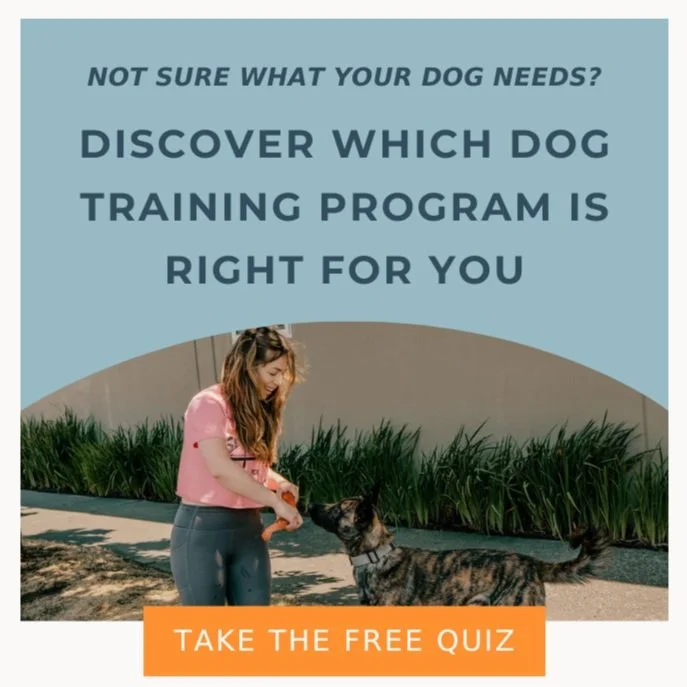Dog Sociability: Normalize Dogs Being Dog Selective & How We Can Help at UP
Dog Sociability is a Spectrum
In today’s world we are full of dog parks, daycares where the dogs play all day, social boarding opportunities, group walks and more.
Maybe we have come to expect that dogs just have friends and that they’re supposed to like other dogs.
This is a warped view of dog sociability.
Understanding Dog Sociability & Play Groups at Urban Pawsibilities
As our dogs age, it is completely normal for them to slowly move from “dog social” to “dog tolerant” to “dog selective” or even “dog aggressive”. There are a few components that will impact how your dog moves through the spectrum as they age:
1. Your Dog’s Age
Older dogs tend to be less tolerant and playful with strange dogs
2. Your Dog’s Experience
Dogs that did not have the opportunity to have pleasant and appropriate interactions with other dogs during their critical periods may struggle to over come that AND dogs that have experience traumatizing interactions may struggle to recover
3. Your Dog’s Genetics
Genetics impact your dog’s personality; that’s part of why breeds exist! Some dogs will retain juvenile behavior into adulthood, whereas others will not.
Typically, playfulness and openness to new dogs are a characteristic of juveniles.
Bonus: Relationships as a Puppy
Another thing to consider is that dogs can develop relationships with other dogs while still puppies and adolescent dogs, then become selective or aggressive toward new dogs they meet at a later age.
In daycare settings, we have repeatedly seen a puppy attend daycare in large groups with little to no issue.
As the dog approaches 1 year of age with no other changes having taken place, they are experiencing scuffles at the park or at daycare that are not resolved.
This is what is often referred to as “aging out” of daycare.
As mentioned, older dogs often do not want to be around or interact with overly playful young dogs!
How to Know If Your Dog Is Comfortable
Check out the graphic below to see how your dog’s reaction to new dogs suggests whether they like the dog or not.
Notice your dog is typically not social or aggressive to other dogs?
Skip the awkward interaction with other dogs and dog parents, having to apologize for your dog every time. Place one of these sleeves on your dog's lease to visually tell people to be careful around your dog.
Play Groups at Urban Pawsibilities
At Urban Pawsibilities, we try our best to match even dog selective dogs up with playmates.
We know that social time can be enriching and healthy for pups, when they’ve found a good match.
Unfortunately, that is not always possible. There are days at UP where the majority of our dogs are dog selective, and have to assign pups to walk or solo play with a trainer. Through sociability testing, and a slow approach at the School for Dogs, we are often able to build friendships.
Because of this, we recommend bringing your dog on a regular basis, weekly to biweekly, on the same day of the week so that it’s easier for friendships to develop.







